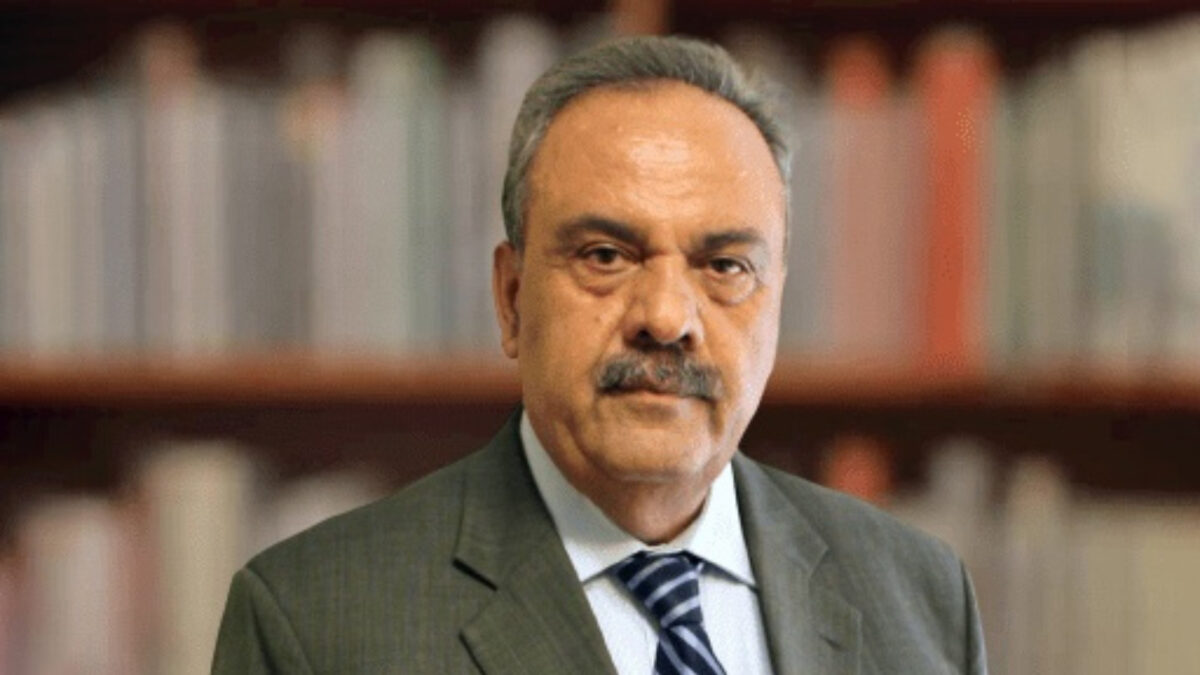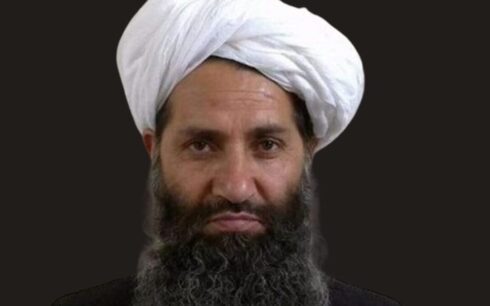Asif Durrani, Pakistan’s former special envoy for Afghanistan, has expressed hope that the Taliban will take heed of the joint statement issued by participants at the recent Moscow Format conference, which called on them to counter terrorism.
“The joint statement of the Moscow Format is an important development,” Durrani said. “It calls upon the Taliban government to take measures against terrorist organizations operating from within Afghanistan. Let’s hope the Taliban listen to this sensible advice.”
In the joint statement, participants of the sixth Moscow Format meeting voiced deep concern over the security situation in Afghanistan, citing the continued presence of terrorist and separatist groups, which pose a significant threat to both global and regional security. They also emphasized the need to strengthen counterterrorism cooperation at bilateral and multilateral levels.
“Afghanistan should be supported in taking comprehensive measures to address both the symptoms and root causes of terrorism and to eradicate it swiftly,” the statement read. It called on the Taliban to take “visible and verifiable actions” to meet their international obligations to fight terrorism, dismantle all terrorist groups without discrimination, and prevent Afghan territory from being used to threaten neighboring countries, the region, and beyond.
Although regional powers like Russia, Iran, China, and several Central Asian countries—excluding Tajikistan—have maintained relatively stable relations with the Taliban, they have consistently raised concerns over the rising terrorist threats emanating from Afghanistan.
Various reports highlight the specific groups that pose a danger to these nations:
- ISIS-Khorasan and al-Qaeda are considered threats to Central Asia, Iran, and Russia.
Tehrik-i-Taliban Pakistan (TTP) remains Pakistan’s primary concern. - The Tajikistan Taliban Movement and Tajik separatist movements worry Central Asian nations and Tajikistan.
- The presence of the East Turkestan Islamic Movement in Afghanistan is a major concern for China and its Central Asian neighbors.
- Experts argue that under Taliban rule, Afghanistan has become a hub of instability, with terrorist groups exploiting the security vacuum to launch operations against neighboring countries.
“The presence of terrorist groups in Afghanistan is a potential threat to regional and global security,” said Bismillah Taban, a security analyst. “Engaging with the Taliban without acknowledging Afghanistan’s security realities is a dangerous prospect for the region and the world.”
The United Nations and European countries have also repeatedly highlighted the persistent threat of terrorist groups in Afghanistan. The UN has reported that more than 20 terrorist organizations continue to operate in Afghanistan under Taliban rule.





